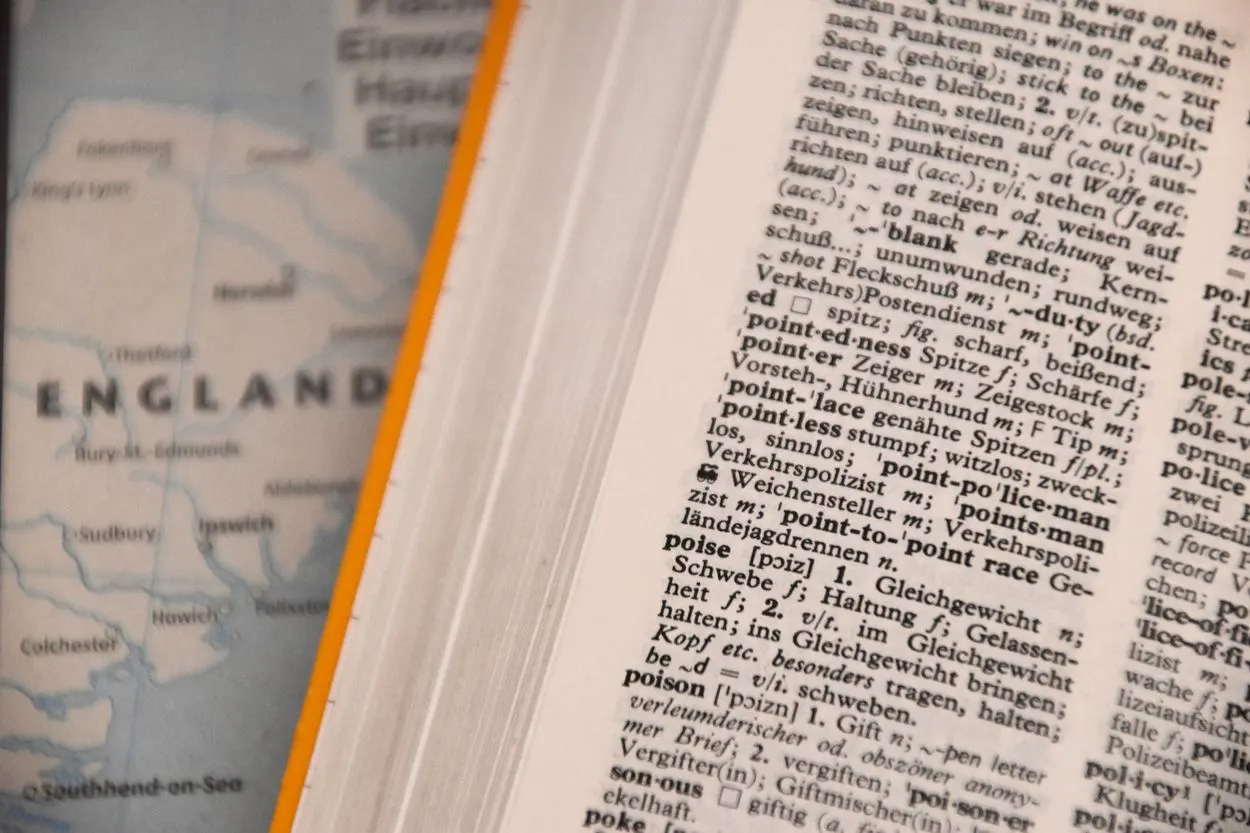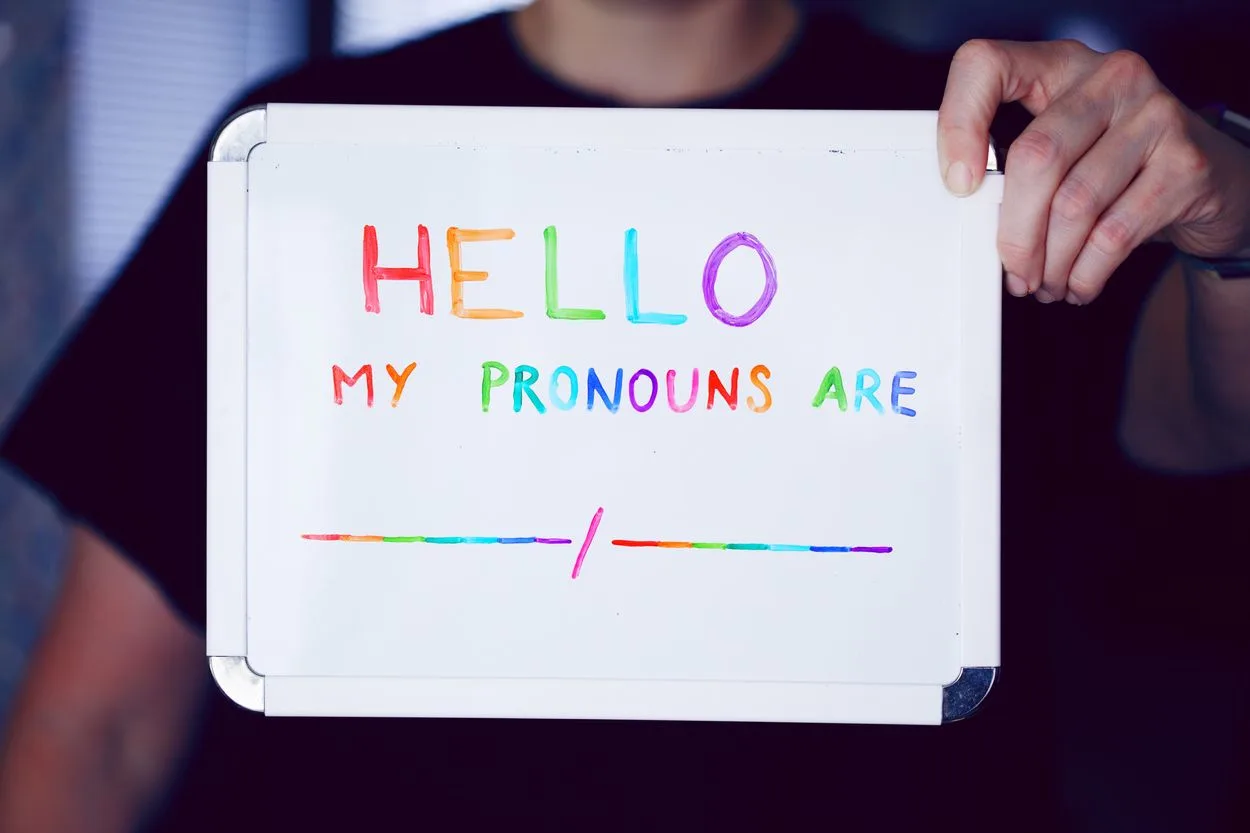The word “which” is used when you’re given a set of options and you’ve to pick one of them. On the other hand, you can use “what” with no set of given options and you can say whatever you want.
To give you a better idea, there are some examples:
Which – Which is your favorite color, yellow, orange, or black?
My favorite color is black.
What – What is your favorite color?
My favorite color is violet.
Both which and what belongs to the WH family. The sentences that start with WH family are interrogative, meaning there will be a question mark. It simply shows that a person is asking or inquiring about something.
If you’re interested in learning about the WH family in-depth, you should keep on reading as I’m going to explain them with the help of examples.
So, let’s get into it….
WH Family – Everything You Need To Know About
Why
In interrogative questions, “why” is the first word of a sentence that is used to ask the purpose or reason. It can also be used when you’re surprised or want to emphasize something.
Let’s look at a few examples:
- Why don’t you apply for a bank loan? (Purpose)
- Why don’t you join us for tonight’s party? (Reason)
- Why, that’s hilarious! (Surprise)
- You think I’m insane? Yes, why not?
The following sentence is not interrogative because it doesn’t start with “why”. Instead, it gives a reason for an explanation.
- The fact why I’m not leaving my job is because I don’t see any better options yet.
Which
Generally, the word “which” is used in two contexts. The first context would be the interrogative one, where you’ve been given options to choose from.
Let’s have a look at the following examples:
- Which shoes do you want to wear, the red one or the black one?
- Which course are you opting for, arts or science?
The second use of “which” is that it joins the information that must be separated by commas.
- The bag, which I bought from Italy, is not of the best quality.
- The cold drinks, which I bought last night, have already reached their expiry.

What
Like other words, “what” can also be an adjective or adverb depending on whether it follows a noun or verb. Let’s have a look at the following examples:
| Pronoun | You can use it under two conditions – when asking a question or when you want to replace a noun with it. | What is your hobby? What I ask for is honesty. |
| Adjective | When it is placed with a noun phrase, it’s known as an adjective. You can use it when you require specific information. | What school did you go to? |
When
The adverb “when” can go with both simple and interrogative sentences. You can use it to either ask questions about timing of something or to connect two clauses.
When are you coming home?
When is your university going to hold this year’s convocation?
When I went there, I saw nothing.
My mom caught me red-handed when I hid my result card.

Where
“Where” is a verb of place and can be used in both interrogative and simple sentences.
Interrogative sentences
- Where is my phone?
- Where do you live?
- Where did this argument come from?
Complex sentences
- I have no idea where these allegations are coming from.
- I don’t know where she lives.
Who
Since who is a subject and relative pronoun, you can substitute he, she, or they with it while answering.
Examples
He is best at drawing.
Who is best at drawing?
He is at fault.
Who is at fault?
She has baked the cake.
Who has baked the cake?
She hid my laptop.
Who hid my laptop?
As you can see in the examples, I simply substitute she and he with who.
Difference Between What And Which
What sets what and which apart is that there are no options given in the case of sentences starting with “what”. In case of which, the options are given that you can choose from.
| What | Which |
| You’ve a large number of options to choose from | You’ve very limited stated/unstated options to choose from. |
| What is your height? | Which Chinese food do you love the most? Noodles or soup? |
What or which? This video explains everything in detail:
Should You Say “What Color Is It?” Or “What Color Is This?”

Both sentences are similar, though the only difference is between it and this.
It – Uses
In case, the thing you’re indicating is not present, you should use “it”.
For instance:
What color is it?
We can assume that someone is asking about the color of a particular thing that isn’t physically present.
This – Uses
When something is physically present, you should use this in that scenario.
For instance:
What color is this?
“This” in the above example refers to the things that you’re asking about are present.
Conclusion
- The meaning of the sentence “what is your favorite color” is that you haven’t given any set of options. You can choose any color from 10 million colors in the universe.
- In the sentence “which is your favorite color” – which is used when you’ve been given limited options.
- What and which both belong to the WH family and are used in both simple and interrogative sentences.

